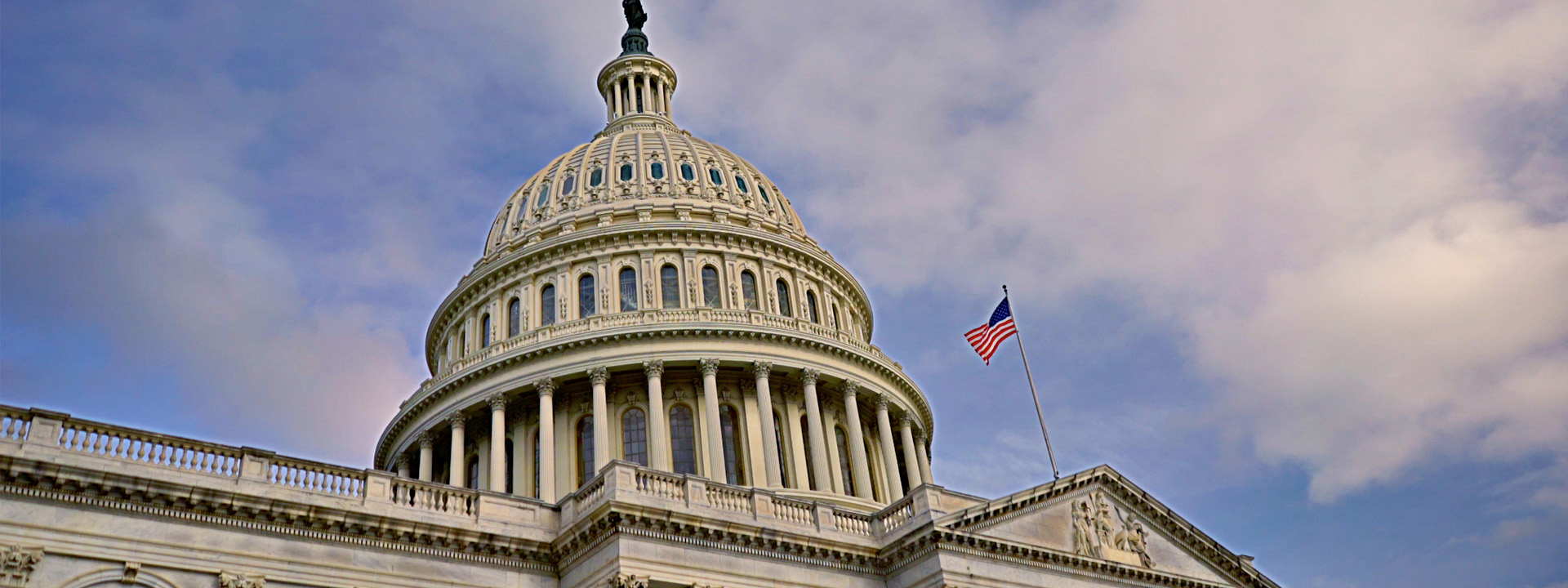Like most healthcare providers, many pharmacists can recall the moment they chose the profession and why it was such an important decision. When I asked my colleague, Donna Litwak, about her decision to become a pharmacist, she started thinking back to her childhood. "I became a pharmacist because growing up in a small town, we had limited resources related to healthcare," she explained. "[Our local pharmacist] was always accessible, and everyone trusted him. I wanted to be in a position to have that kind of impact in my community while developing a long-time career."
As a practicing pharmacist in New York for many years, I reflect on the unique opportunity I had to be the easiest and first point of access into the healthcare system. The very nature of community pharmacy allowed me to be more than just the person you see when you are sick but rather grow with patients as a trusted resource throughout each phase of their life.
I distinctly remember when pharmacists gained immunizer authority while I was practicing. This may not seem like the biggest shift in role, but the impact to further expand access to healthcare providers and fully embrace becoming the first stop for underserved patients became even more real. Today, pharmacists are again in the midst of one of these shifts. Pharmacists not only have taken on more work related to COVID-19 – with testing and immunizations at the forefront – but their roles have changed in less apparent ways.
One study found that more people are visiting local pharmacies for care this year, with 17% of patients reporting that they've sought out routine care at their pharmacy in 2021, up from 11% in 2020. Another study found that pharmacists said they fielded more patient questions during the past 18 months, but only 1 in 5 felt very prepared for their changing role during COVID-19.
But making a difference isn't easy. There are many hurdles to overcome, and pressures of supporting patients' needs to address – often with limited resources or staff. And I'm in awe of how pharmacists have risen to the challenge and taken on a new set of responsibilities brought on by the pandemic.
Although Surescripts recognizes and supports pharmacists' contributions to healthcare each and every day, American Pharmacists Month is an important moment to pause, celebrate and ask what more we can do. In the video below, Surescripts CEO Tom Skelton, Chief Marketing Officer Melanie Marcus and Specialty Pharmacy Clinical Product Manager Cecelia Byers express their appreciation for pharmacists and technicians for being a core part of the patient care team.
The pandemic has revealed how pharmacists are critical care providers, and I'm proud to work at an organization committed to helping pharmacists operate at the top of their license by providing innovative solutions and resources. Surescripts works hard to streamline pharmacists' workflow, create access to the information they need, avoid costly, time-consuming tasks and provide a better experience for their customers. In a moment where pharmacists' roles are expanding and changing, this work is more important than ever.
Learn more about pharmacy's integral role in Surescripts history and our recent findings of how COVID-19 has impacted providers and patients.


 Dean Riggott Photography
Surescripts
Dean Riggott Photography
Surescripts





